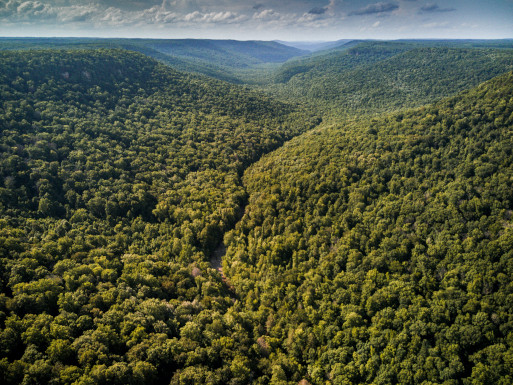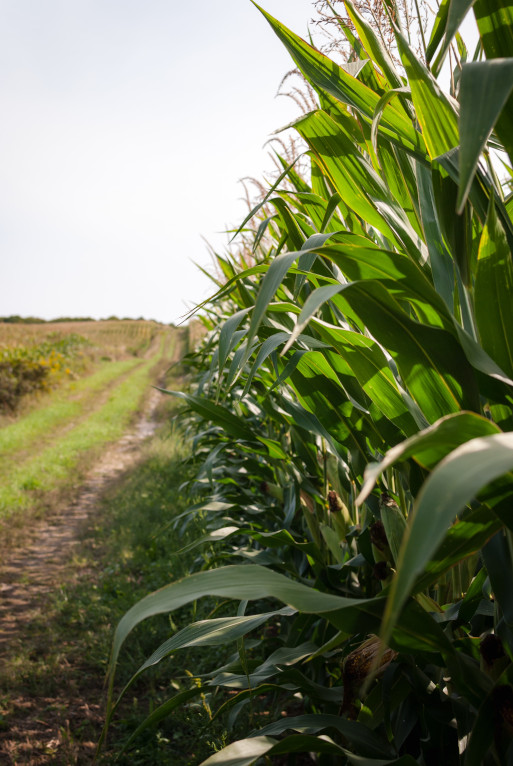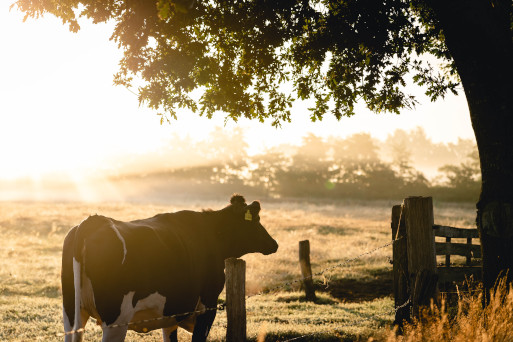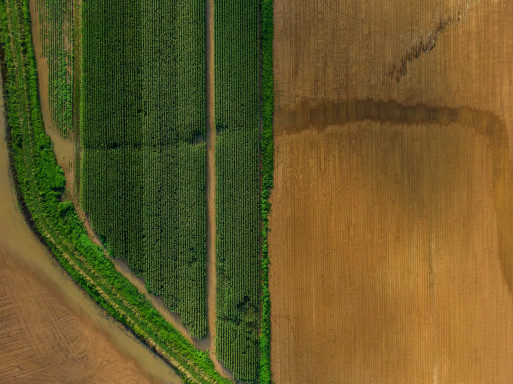Tennessee Acreage - Recreation, Agriculture, and Resources.
One of Tennessee's greatest features is its landscape. From the Great Smokey Mountains, to the rolling hill of the central plaeau's to the low lands of the Mississippi. Tennessee has so much to offer.
This diverse landcape provides for a vast array of options for land use. A depth of knowledge, experience, and skilled resources are necessary to properly evalutate and assess a properties utility. A Real Estate Professional experienced in Land and Acreage is a invaluable for Tennessee properties.
Recreational
Tennessee has so much beauty and diversity, locating the perfect get away property with your criteria is likely within reach








Are you considering purchasing acreage?
There are numerous reasons one might be interested in raw, undeveloped, or vacant land.
Interest in acreage and land often include:
- Recreational property, hunting and fishing, agriculture, livestock farming, or natural resources.
- Acreage has many profitable uses, including development, natural resources, such as lumber, minerals, building and landscaping materials, oil and gas, solar and wind.
- Acreage can also be utilize for it’s cash flow opportunities, such as camping sites, hunting and fishing clubs, horse back riding, or off-road opportunities.
- Other less direct uses include land speculation, watershed protection, conservation and preservation, green spaces, and education.
Tennessee offers opportunities for each of these uses and more.
Tennessee’s unique geology, diverse topology, and explosive growth, offer numerous opportunities to invest in acreage and land. These same features also introduce complexities for acquiring acreage Tennessee. Location, use restrictions, topology, environmental and access are common issues that require due diligence. Easements, hazards, resale, taxes, and utilities are other aspects to consider.
Tennessee acreage transactions require experience and skills.
It takes experience, knowledge, networking, and access to specific resources to locate the right piece of property and make it a dream deal. Depending on the land’s intended use, it may require different resources, timelines, and negotiation approaches. Given the diverse complexities, every land transaction is unique. Research, locating, due diligence, negotiation, and closing require a real estate professional who knows, understands, and has cultivated all the necessary local relationships. From the owners, to government groups, surveyors, soil engineers, earthworks, builders and so many more.From a mountain retreat, to a country cottage, your dream farm, or a private camping or hunting location, Tennessee has something for everyone.
Contact a knowledgable real estate professional today!
Recreational Properties
Recreational Acreage is often the easier of the land type transactions in Tennessee. Tennessee has so much beauty and diversity, locating the perfect get away property with your criteria is likely within reach.
Tennessee has so much beauty and diversity, locating the perfect get away property with your criteria is likely within reach. It is important to focus in on several key criteria.
It is important to focus in on several key criteria.
Location, Features, Usability and Price. Although that list is not in priority order, you will notice that price is at the end of that list. Price is a very important criteria, however it is largely driven by the other factors. The most successful transactions are finding properties that balance all the criteria. When you review usability, acreage in Tennessee ranges from no restrictions to properties loaded with Covenants, Conditions and Restrictions. Known in the industry as CCR’s. Local zoning, land use, and CCR’s determine if a specific property will conform to your desired usage.Determining if a property can or can not be utilized as you desire sometime requires a little detective work. You should always utilize a qualified real estate professional when enter into land transactions.
Agriculture and Livestock
The revenue opportunities from livestock and agriculture in Tennessee are numerous.
Tennessee's agriculture and livestock industries are important to the state's economy. They generate billions of dollars in revenue each year and employ over 200,000 people. According to the USDA, the total market value of agricultural products sold in Tennessee in 2022 was $3.798 billion. Of this, $1.073 billion came from livestock and poultry, and $2.725 billion came from crops.
Here is a breakdown of the market value of the top 10 agricultural products in Tennessee in 2022:
- Soybeans are Tennessee's top agricultural product, with a value of over $965 million in 2022. They are grown in all 95 counties in the state and are used to make a variety of products, including soy oil, soy meal, and tofu.
- Corn is the second most valuable agricultural product in Tennessee, with a value of over $889 million in 2022. It is grown in all but 10 counties in the state and is used to make a variety of products, including corn syrup, cornstarch, and ethanol.
- Hay is the third most valuable agricultural product in Tennessee, with a value of over $504 million in 2022. It is grown in all 95 counties in the state and is used to feed livestock.
- Cotton is the fourth most valuable agricultural product in Tennessee, with a value of over $229 million in 2022. It is grown in the western and southwestern parts of the state and is used to make clothing, textiles, and other products.
- Wheat is the fifth most valuable agricultural product in Tennessee, with a value of over $152 million in 2022. It is grown in the central and eastern parts of the state and is used to make bread, pasta, and other products.
- Tobacco is the sixth most valuable agricultural product in Tennessee, with a value of over $84 million in 2022. It is grown in the western and southwestern parts of the state and is used to make cigarettes, cigars, and other tobacco products.
- Poultry is the seventh most valuable agricultural product in Tennessee, with a value of over $700 million in 2022. The state is home to over 600 poultry farms and produces over 1 billion broiler chickens each year.
- Beef cattle is the eighth most valuable agricultural product in Tennessee, with a value of over $600 million in 2022. The state has over 1 million beef cattle and is a major producer of beef.
- Milk is the ninth most valuable agricultural product in Tennessee, with a value of over $400 million in 2022. The state has over 100 dairy farms and produces over 1 billion pounds of milk each year.
Natural Resources
Tennessee is blessed with a variety of natural resources, including fertile soil, abundant water, and diverse forests. These resources support a thriving agricultural industry, a vibrant tourism industry, and a growing manufacturing sector.
- Fertile soil: Tennessee has some of the most fertile soil in the United States, making it ideal for growing crops. The state's soil is rich in nutrients and organic matter, which helps plants to grow strong and healthy.
- Water: Tennessee is home to many rivers, lakes, and streams, which provide a source of water for drinking, irrigation, and industrial use. The state also has several underground aquifers, which store large amounts of water.
- Forests: Tennessee has over 20 million acres of forests, which provide a home for a variety of wildlife and help to protect the state's water quality. The forests also provide timber, which is used to make a variety of products, such as furniture, paper, and construction materials.
- Minerals: Tennessee has a variety of mineral resources, including coal, zinc, limestone, and sand and gravel. Coal is the state's most valuable mineral resource, and it is used to generate electricity. Zinc is also an important mineral resource, and it is used to make a variety of products, such as batteries and chemicals.
- Natural beauty: Tennessee is home to some of the most beautiful natural scenery in the United States, including the Great Smoky Mountains, the Cumberland Mountains, and the Mississippi River. This natural beauty attracts tourists from all over the world.
If you are contemplating purchasing, selling, or investing in real estate in Tennessee, it is vital to conduct thorough research for your investment. Furthermore, it is imperative to collaborate with a qualified real estate professional who can assist you in identifying the right property and delivering top-tier professional services.
